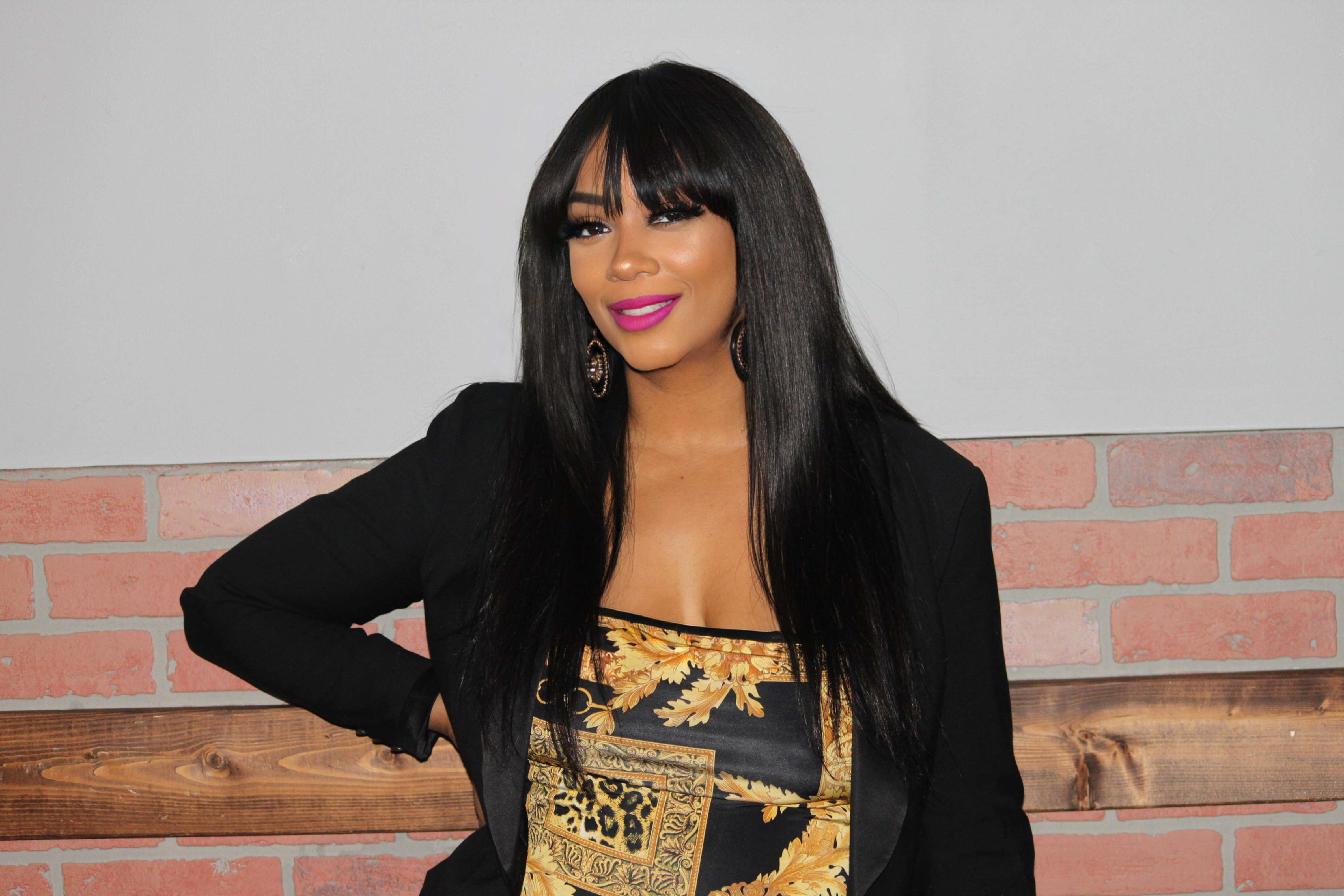Al & Music Ownership in2025 - What Artists Need to Know About Spotify, SoundExchange & AlTools
- Ladi Miz
- Nov 1, 2025
- 2 min read
We’re living in a wild new era one where you can make a full song in minutes just by typing a few words into an app. AI is remixing the music industry faster than ever, and every artist, producer, and songwriter needs to pay attention.
Platforms like Spotify, SoundExchange, BMI, and ASCAP are already rewriting the rules. So before you upload that next track, here’s what’s changing and what it means for you.
The New Reality: AI Is Here to Stay
AI music tools like Suno and Udio are booming.
They let anyone create songs instantly, from beat to vocals. That’s exciting but it’s also creating legal gray zones.
Universal Music Group just settled with Udio, turning it into a licensed partnership where artists get credited and paid. But lawsuits are still flying against other AI platforms that trained on copyrighted music without permission.
That means the “use first, ask later” era is officially over.
The Big Platforms Are Responding
Spotify now requires AI-generated music to be clearly labeled.
They’re removing fake artist profiles and unauthorized voice clones.
Real creators finally get some breathing room.
SoundExchange is developing a global AI registry to track who’s using AI and ensure creators get paid fairly.
ASCAP & BMI both accept registrations for partially AI-generated songs but not works that are 100% AI-made with no human authorship.
Translation: if you used AI to spark ideas but still wrote, sang, or produced parts yourself, you can still register it.
These changes are shaping how ownership and royalties will work going forward. If you want to protect your music, start following the rules now don’t wait until your track disappears from streaming.
Pros and Cons (Real Talk)
Pros:
AI can help you brainstorm hooks, melodies, and harmonies faster.
It’s a great tool for demos and quick content creation.
It opens doors for people who never had access to expensive studios.
Cons:
If AI generated most of your track, you might not own it.
Platforms can remove your song if it’s not properly disclosed.
Cloning someone’s voice or style without permission can lead to lawsuits and it’s just bad karma.
From Da Ground Up Perspective
I’m not anti-AI I’m pro-artist.
Technology should empower, not replace, creativity.
AI is a tool, but you are the soul of the music.
So learn how to use it, don’t let it use you.
3 Quick Tips Before You Upload
Disclose AI use honesty protects your name and music.
Register songs with BMI or ASCAP if there’s real human contribution.
Use AI platforms with licenses (like Udio’s new setup) they’re safer for long-term royalties.
Let’s Talk in the Comments
What’s your take on AI in music?
Would you use it to help you create or do you feel it’s killing the art?
Drop your thoughts below ⬇️ I wanna hear from the real creators out there.





Comments